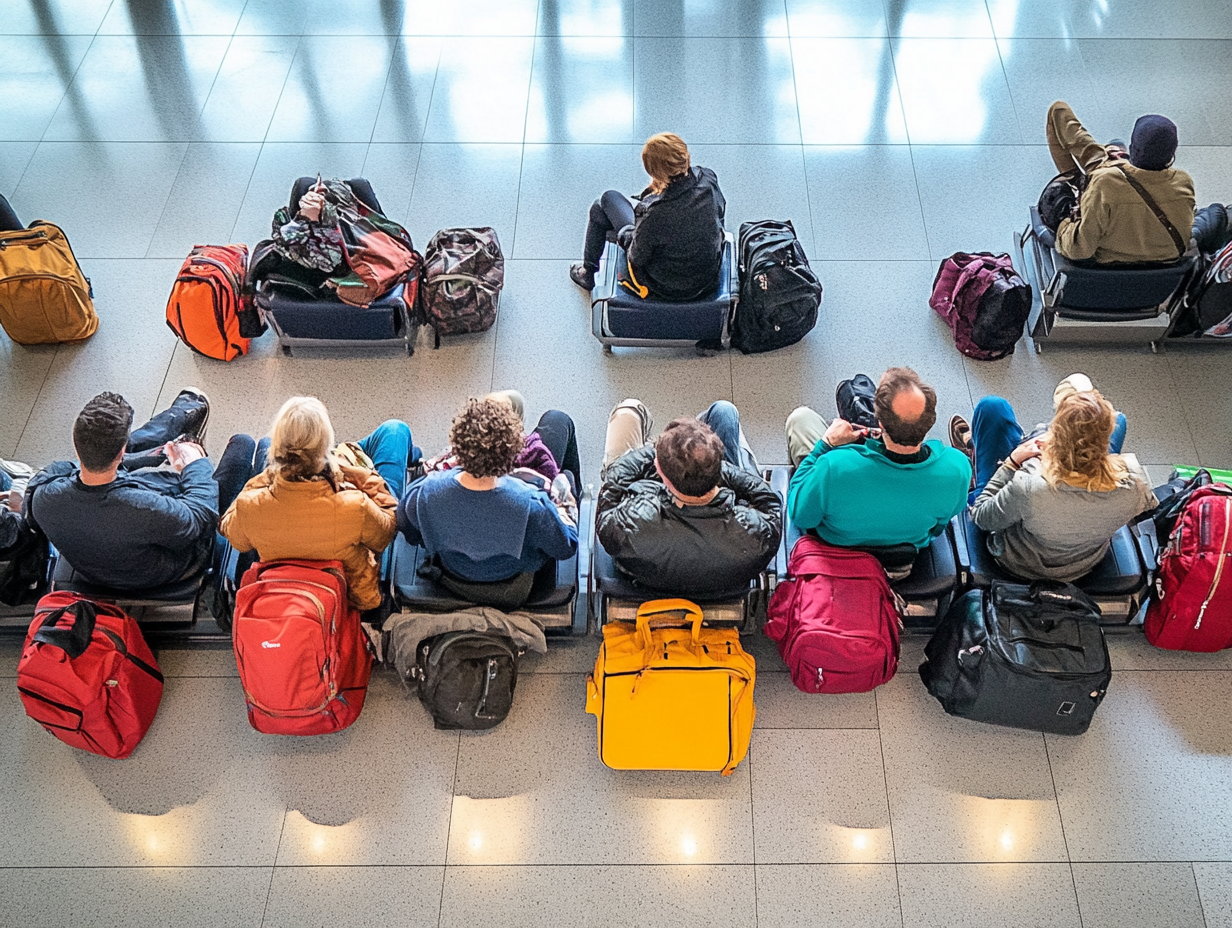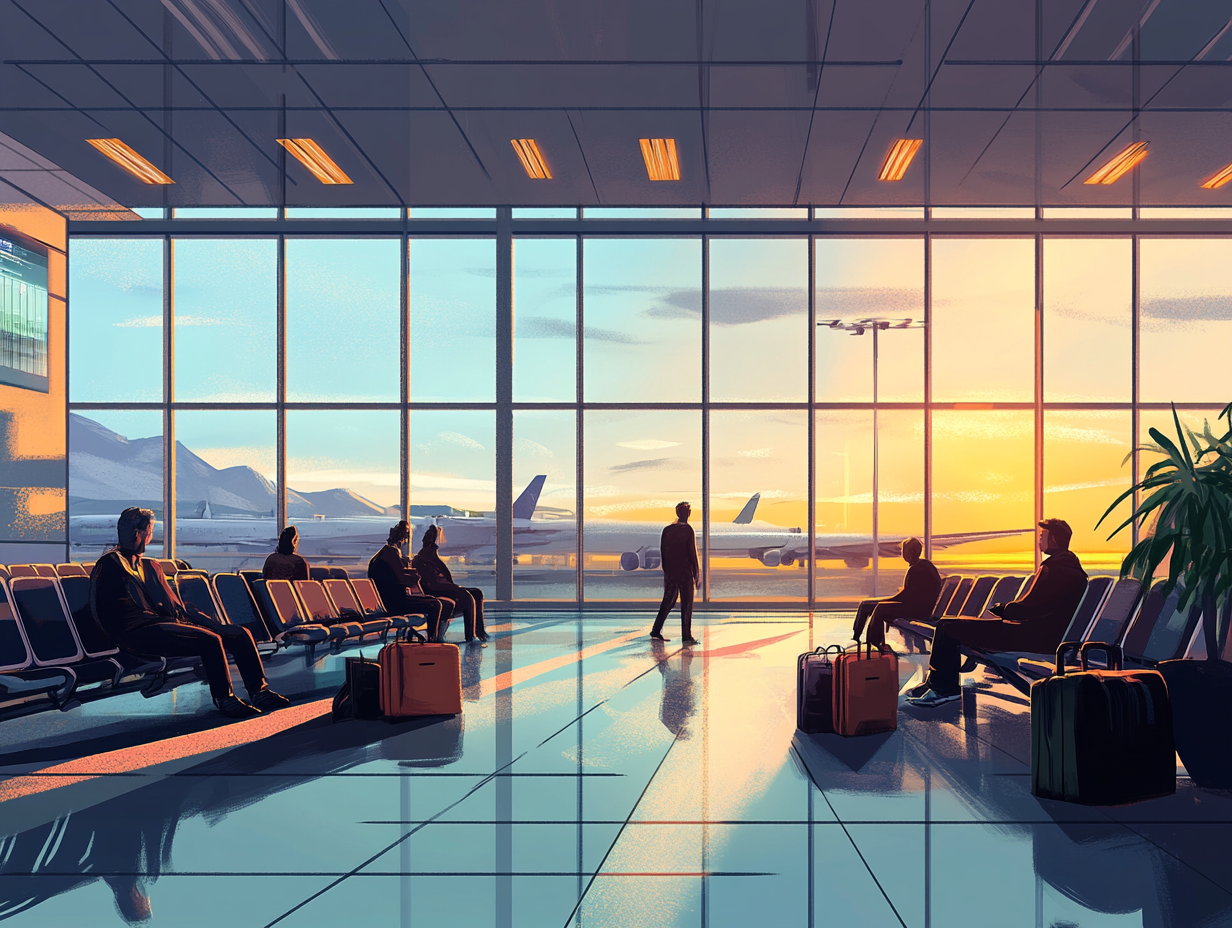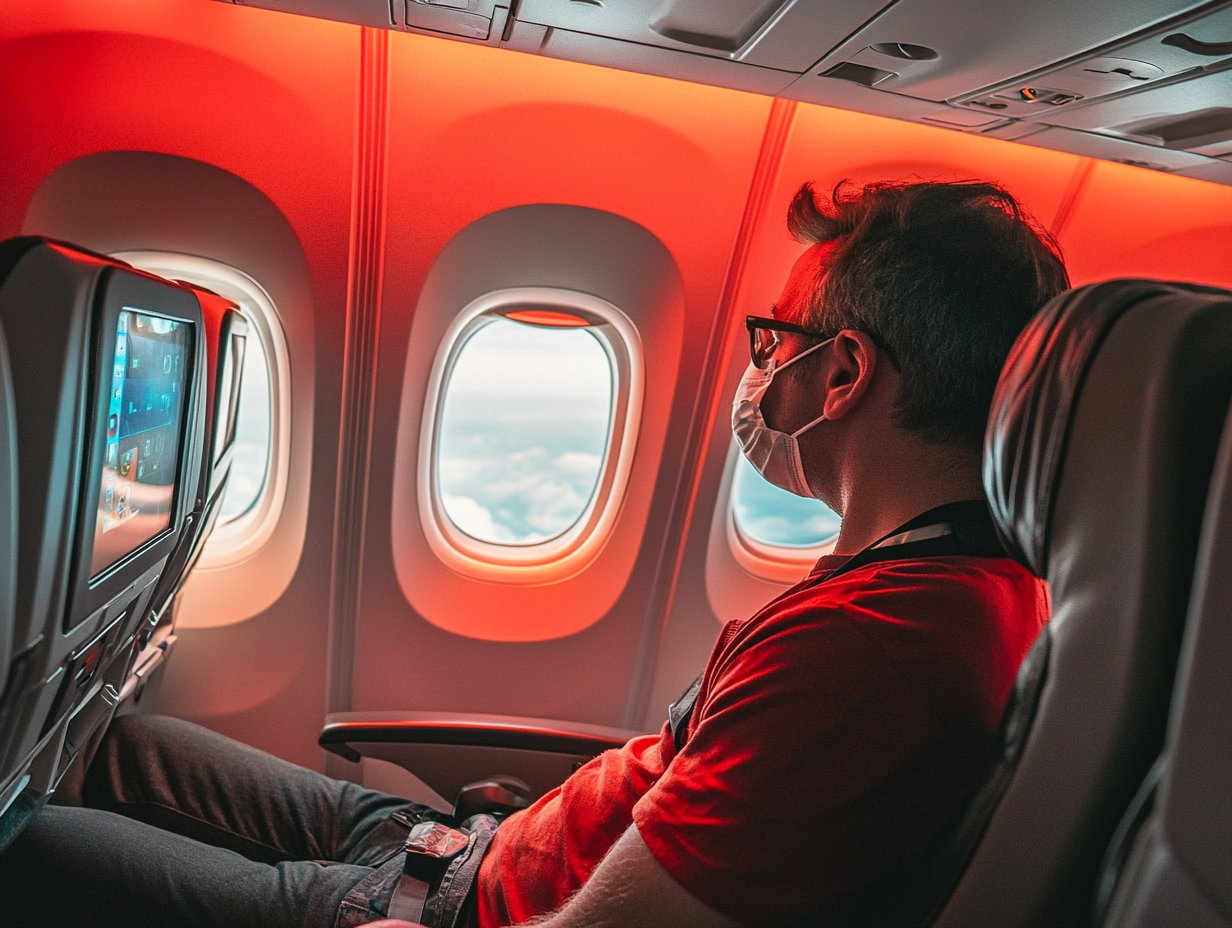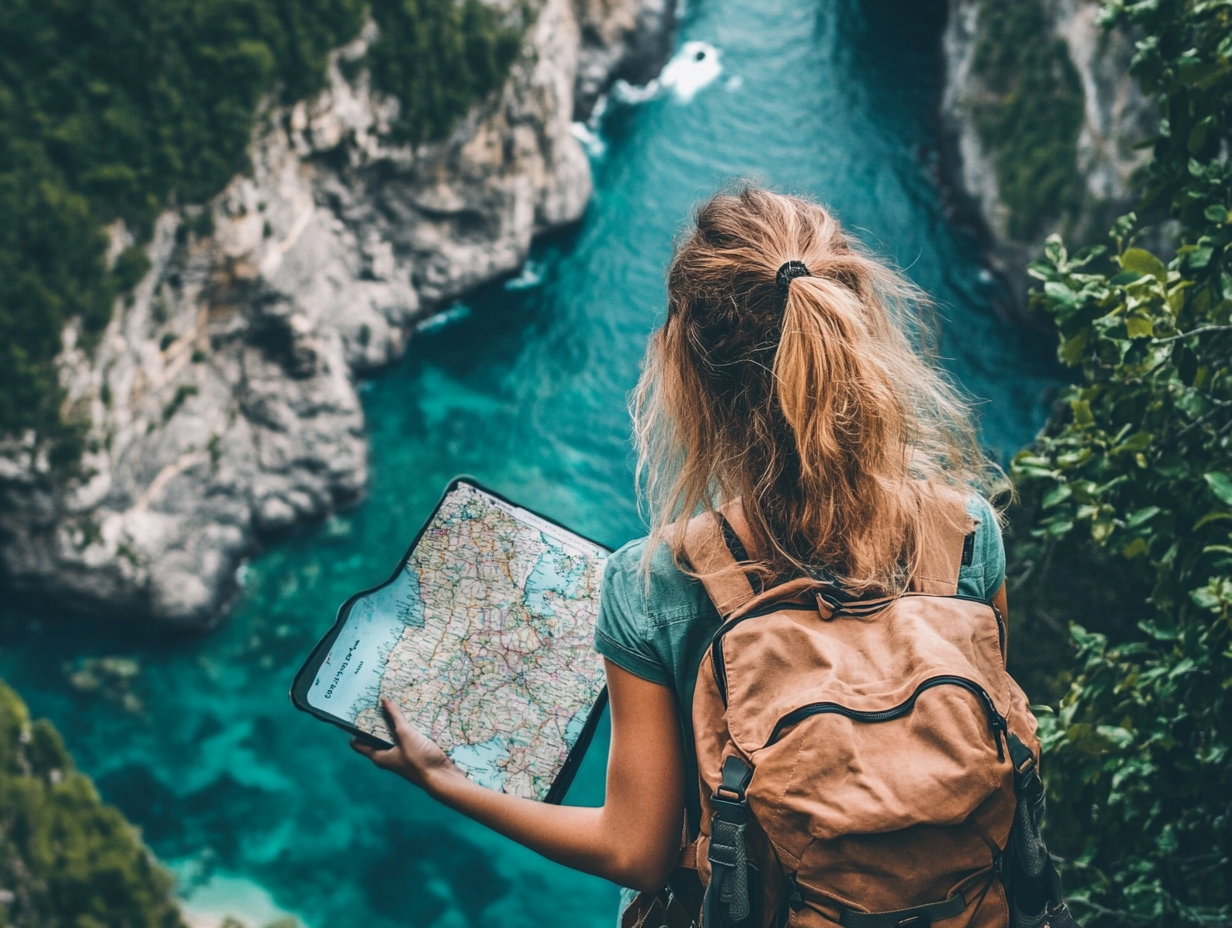Unfortunately for many of us, the holidays approaching means one thing — travel. And travel means we’re going to be spending some money. Of course, we want to spend the holidays with our families. But that can get expensive — flights, hotels, meals on the road — it adds up fast. And that’s on top of buying gifts!
Since AI tools like ChatGPT first became available, people have found all sorts of creative ways to use them. You might not think of AI as a way to save money on travel, but ChatGPT can help with that, too. Here are a few of the ways you can use ChatGPT to make your holiday trips more affordable this year.
Estimate How Much Your Trip Will Cost
Before you get too far into planning all the details, you probably want to know how much your trip will cost. You can use ChatGPT to get a rough idea. Tell it where you’re going, when you’re traveling, how many people are traveling, and how long you’re staying — and it can break down all the costs for travel, lodging, food, activities and so on. It will make an educated guess at the typical cost for each category and then total them up for you. This is a nice way to quickly get a ballpark figure without looking up all the prices and guessing yourself.
For example, ChatGPT could tell you what airfare tends to cost during the holidays, based on how far in advance you’re booking. It would do the same for each category, considering the cost of food and everything else at your destination.
This is great information to have because you can look at where your money will be going and where you might be able to cut back. Maybe you don’t need to rent a car or maybe you can limit your dining out.
Compare Accommodations
If you’re visiting family for the holidays, they might not have a lot of extra space for guests — or maybe you just need a place where you can take a break from them. You need to find someplace affordable where you can stay that’s also nearby. ChatGPT can help you with this, by comparing your options for hotels or rentals.
Try asking it for recommendations on the most affordable neighborhoods near your family. You could also ask for advice on how to adjust your search settings to narrow down what you’re looking for.
Once you start finding a few potential places to stay, you have a thousand browser tabs open. That can get overwhelming really fast. So let ChatGPT sort through the chaos. Copy and paste the details of each listing and let ChatGPT weigh their pros and cons.
Help You Pack Smarter
It’s easy to overpack when you’re bringing gifts for the whole family. If you have too many bags, or if they’re too heavy, you’re going to run into your airline’s baggage limits, and you’ll end up spending more than you can afford on baggage fees.
But ChatGPT can help you pack smarter. Ask it for tips on how to stay under your airline’s limits. Tell it what gifts you’re bringing, and how long you’re staying, and it can help you pack more efficiently.
Earn and Use Your Travel Rewards
Ask ChatGPT how to make the most of your credit card’s travel rewards program. Just tell it what specific card you have. It can explain complicated point systems in simple terms. This could help you save money or earn points toward your next trip.
Maybe you already have a stash of frequent flier miles or reward points you’ve been saving up. ChatGPT can help you figure out the best ways to use your rewards. For example, it can tell you about loyalty programs that your credit card has partnered with — like hotels or airlines — so that you can transfer your points.



